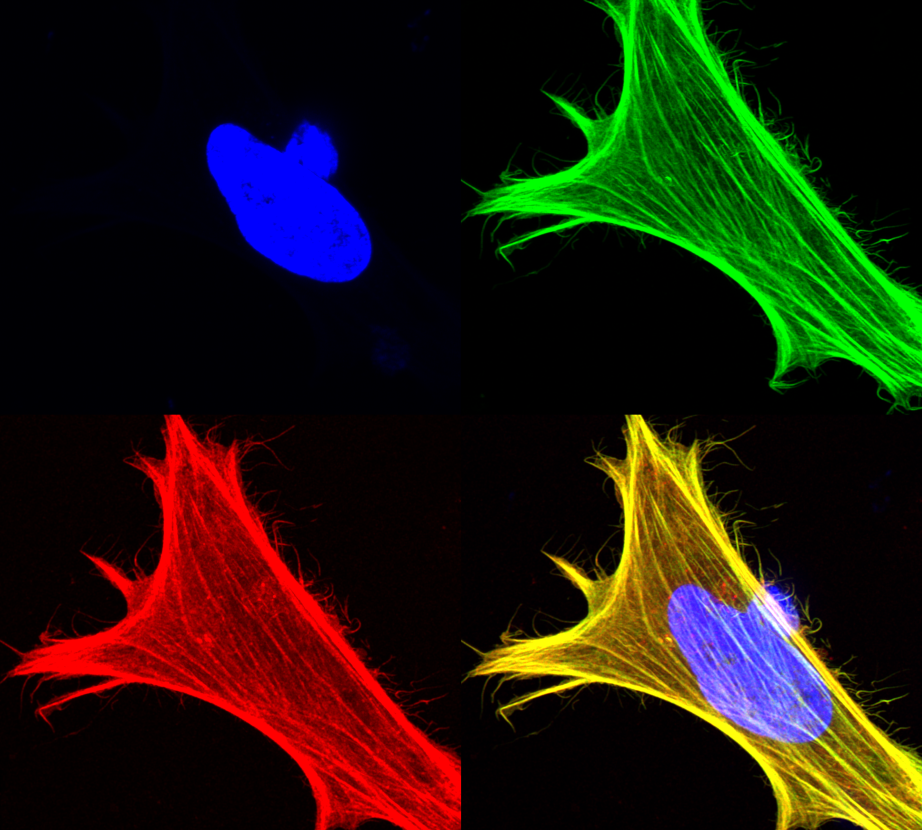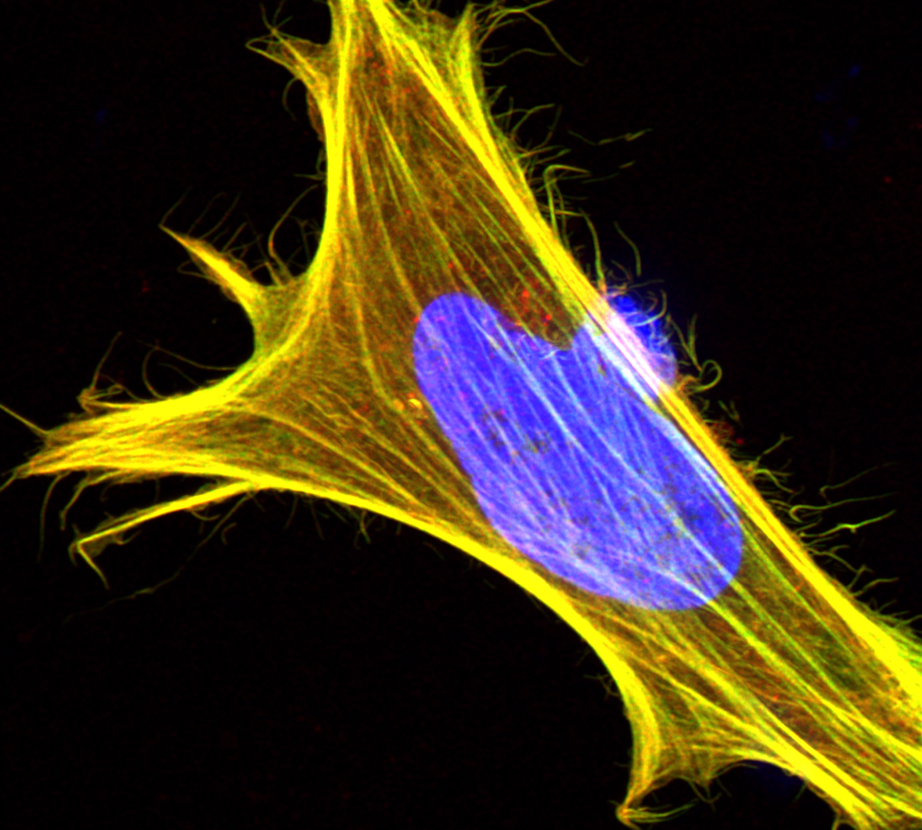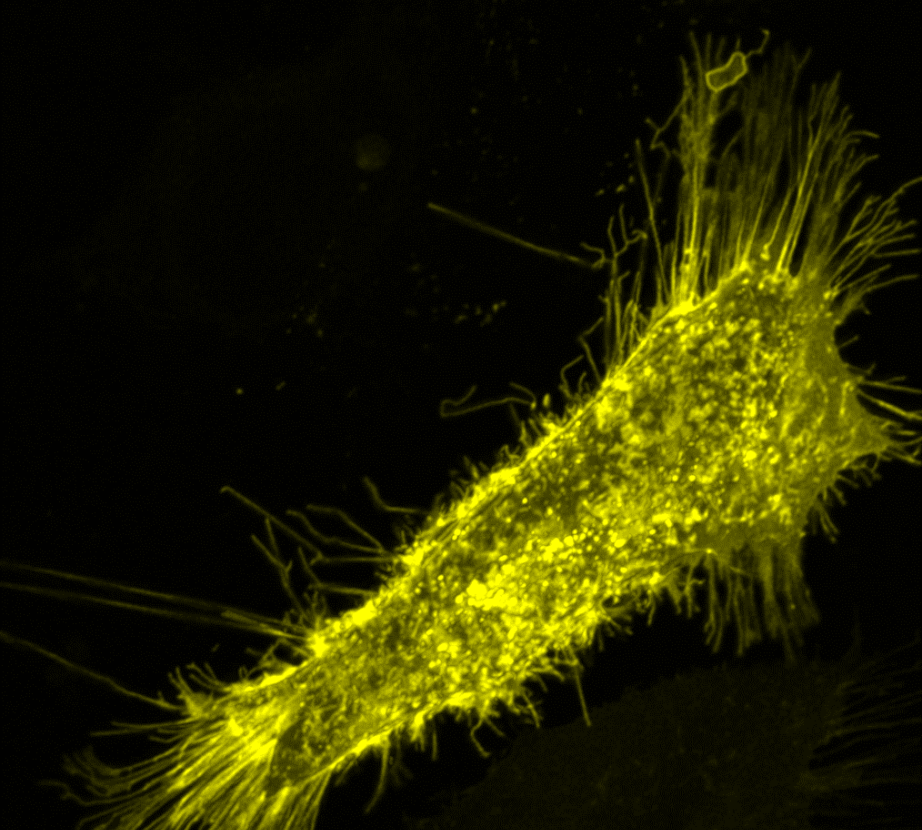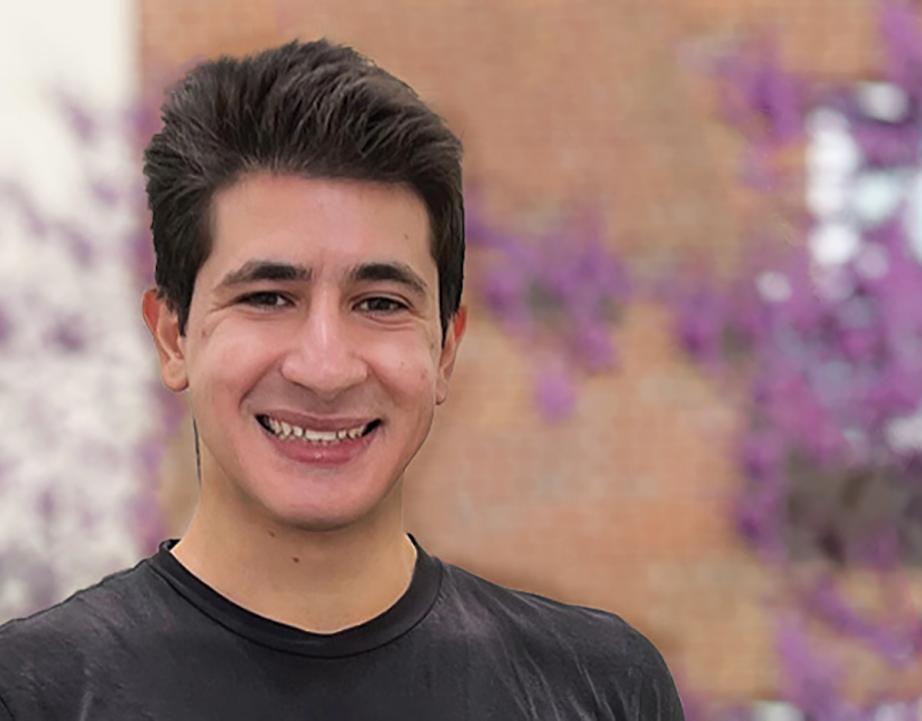At Rider, Jemas took part in the Student Affiliates of the American Chemical Society (SAACS) and Japanese Pop Culture Society (JPCS) clubs. He also served as the vice president of the Art of Gaming club.
As an undergraduate, Jemas participated in the research experience for undergraduates (REU) program at the University of Delaware (UD). The program, which he was personally recommended for by Rider professor Dr. Danielle Duda, is designed for chemistry students with disabilities. This opportunity set the foundation for him to enroll at UD for graduate school.
Jemas was the recipient of Rider’s Undergraduate Research Scholar Award (URSA), which provides funding for students to complete independent research alongside Rider faculty.
When thinking of a word to describe Andrew Jemas’ Rider experience, perseverance is the first that comes to mind. Another word is persistence. Jemas, who is diagnosed with both ADHD (attention-deficit/hyperactivity disorder) and obsessive-compulsive disorder (OCD) faced unique challenges as he struggled to adjust to the typical demands of college life while managing his condition.
“I had gone through high school without really learning how to be a good student, and ADHD made it near impossible to keep track of all my coursework and assignments when I got to Rider. The OCD didn't help either, causing me to obsess over certain anxiety triggers instead of studying or attending classes,” says Jemas.
Finding the perfect balance continued to be difficult for Jemas, who was a biochemistry major, with his first few semesters at Rider being completely overwhelming. Though he tried his best to juggle his schoolwork, characteristics of the disorders hindered his academic abilities. In an attempt to lighten his workload, Jemas later made the difficult decision to switch to a part-time schedule, causing him to fear that he was at risk of being unable to finish his degree.
After making the switch, Jemas narrowly skated through with barely passing grades and a plummeting GPA. Those close to him suggested it may be in his best interest to drop out of school, a suggestion that made him feel like a complete failure.
However, a pivotal, end-of-fall semester conversation with his then professor Dr. Danielle Jacobs, associate professor of chemistry at Rider, served as an “aha moment” for Jemas. “She explained that I was a smart kid who just wasn't putting in the effort where it mattered,” he says. During winter break, he decided to take a different approach and focused on his studies with the help of a tutor, attended study sessions offered by Dr. Jacobs and sought support from various resources to help him get organized.
“I found out that I enjoyed the work. I had a knack for organic chemistry that I had no idea I possessed because I hadn't put in the time to get to grips with the subject. It wasn't easy, but I was determined to make it work,” says Jemas.

Rider’s small class sizes allowed my professors to give me the extra attention that I needed, which allowed me to develop the skills that I needed to pursue my passion.”
After a few months, Jemas began to climb academically and landed at the top of his classes. He later received two Rider-funded scholarships that allowed him to explore coursework taught by professors from other disciplines and funding to pursue independent research. He also became a tutor in the Academic Success Center and a research assistant for organic chemistry — a subject that he once called an immense challenge.
“I overcame my issues with ADHD and OCD by an internal drive to succeed, as well as seeking external help. It was recognizing that I was incapable of overcoming these issues by myself and acknowledging that it was OK to ask for assistance because if I remained in the same pattern, I would get the same results,” he says.
For Jemas, perseverance has paid off in a major way. Today, he is a postdoctoral research fellow at the Harvard Medical School. He works closely with the Massachusetts General Hospital (MGH) on an ongoing research project that is working to solve a key problem in analyzing both tissue samples from patients in the clinic and studying disease progression in living mice through the use of microscopy.
He encourages students, particularly those with learning difficulties, to stay the course and forge their path, “Don't be afraid to seek extra help at the tutoring center and from your professors and prioritize staying ahead of the class. If you stick with it and put in the work, you will be rewarded for your efforts,” he says.
-
 Microscopy images of research work completed by Jemas.
Microscopy images of research work completed by Jemas. -
 Microscopy images of research work completed by Jemas.
Microscopy images of research work completed by Jemas. -
 Microscopy images of research work completed by Jemas.
Microscopy images of research work completed by Jemas. -
 Microscopy images of research work completed by Jemas.
Microscopy images of research work completed by Jemas.

